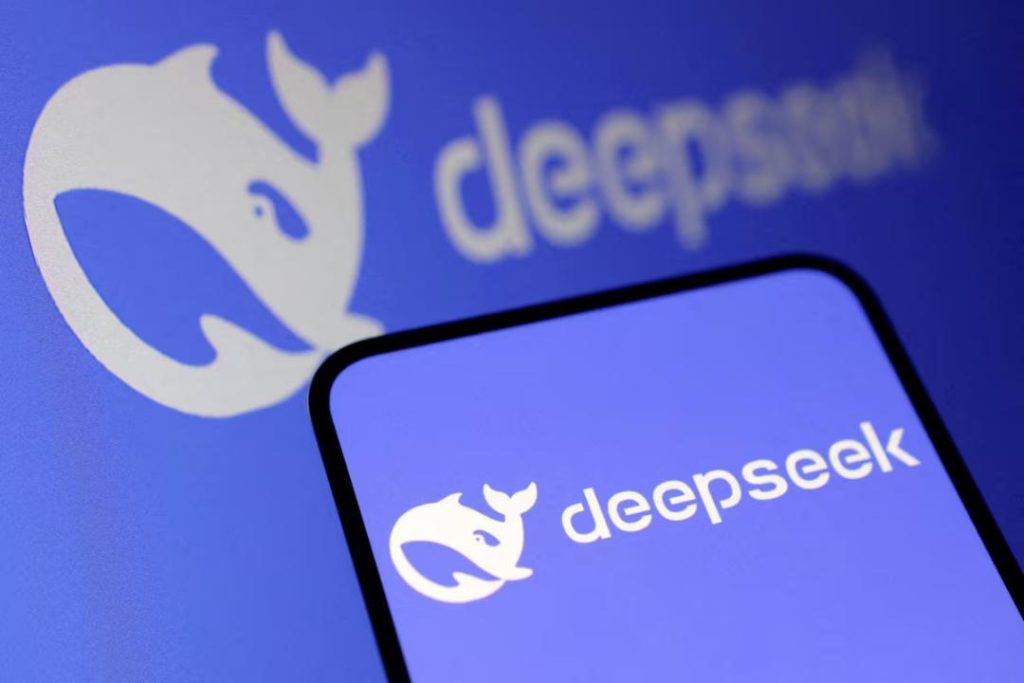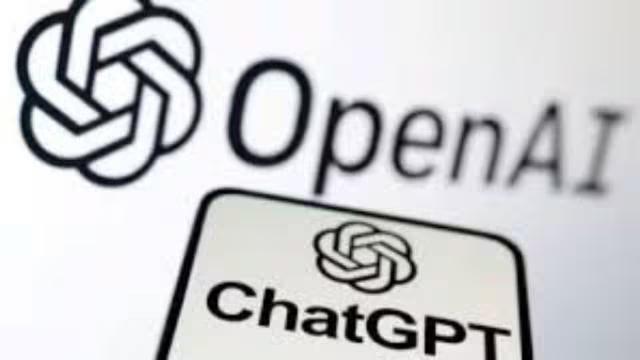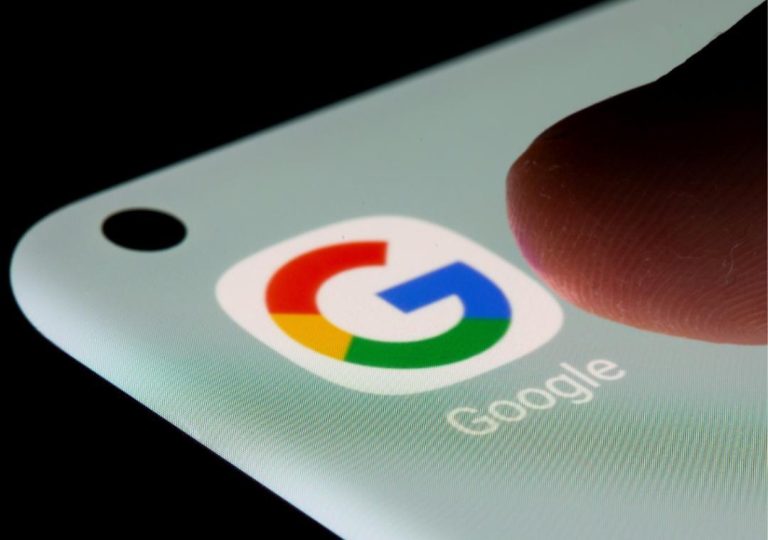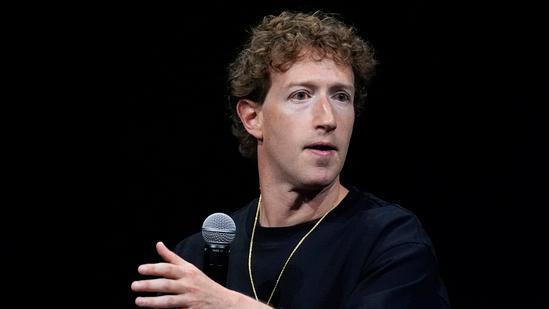
US Likely to Restrict China’s DeepSeek on Govt Devices: Report
In a move that may have significant implications for chatbot technology, the US government is reportedly planning to restrict China’s DeepSeek, including banning its chatbot from government devices due to national security concerns. According to a recent report, officials are worried about DeepSeek’s handling of user data, which the company claims is stored in servers located in China.
The discussions on banning the chatbot from app stores are still in the early stages, but the move is seen as a significant step in the ongoing efforts to protect sensitive information and ensure national security. The US has been increasingly scrutinizing the use of Chinese technology and apps, particularly those that have ties to the Chinese government or military.
DeepSeek, a popular chatbot developed by Chinese company, has been gaining popularity worldwide for its ability to provide users with personalized recommendations and services. However, the company’s handling of user data has raised concerns among government officials and security experts. According to the report, DeepSeek’s servers are located in China, which raises questions about the company’s ability to protect user data from government snooping or cyber attacks.
The US government’s decision to restrict DeepSeek’s access to government devices is seen as a response to these concerns. Government officials are worried that DeepSeek’s data handling practices could compromise sensitive information and put national security at risk. The move is also seen as a part of the US government’s efforts to promote transparency and accountability in the tech industry.
The restriction on DeepSeek’s use on government devices is likely to have significant implications for the company’s business in the US. DeepSeek has been gaining popularity among government agencies and contractors, who use the chatbot to streamline their workflows and improve customer service. The ban on DeepSeek’s use on government devices would likely impact the company’s ability to expand its business in the US.
The US government’s decision to restrict DeepSeek’s access to government devices is also seen as a response to the growing concerns about Chinese technology and apps. The US has been increasingly scrutinizing the use of Chinese technology and apps, particularly those that have ties to the Chinese government or military. The ban on DeepSeek’s use on government devices is seen as a step in the right direction, as it would help to protect sensitive information and ensure national security.
The restriction on DeepSeek’s use on government devices is not the first time that the US government has taken action against Chinese technology and apps. In recent years, the US government has banned several Chinese apps and technology companies due to national security concerns. For example, the US government banned the use of Chinese social media app TikTok on government devices due to concerns about data privacy and national security.
The US government’s decision to restrict DeepSeek’s access to government devices is also seen as a response to the growing concerns about data privacy and security. The US has been increasingly focusing on data privacy and security, particularly in the wake of high-profile data breaches and cyber attacks. The ban on DeepSeek’s use on government devices is seen as a step in the right direction, as it would help to protect sensitive information and ensure national security.
In conclusion, the US government’s decision to restrict China’s DeepSeek on government devices is a significant step in the ongoing efforts to protect sensitive information and ensure national security. The move is seen as a response to concerns about DeepSeek’s handling of user data, which the company claims is stored in servers located in China. The ban on DeepSeek’s use on government devices is likely to have significant implications for the company’s business in the US, and is seen as a step in the right direction in promoting transparency and accountability in the tech industry.
Source:






